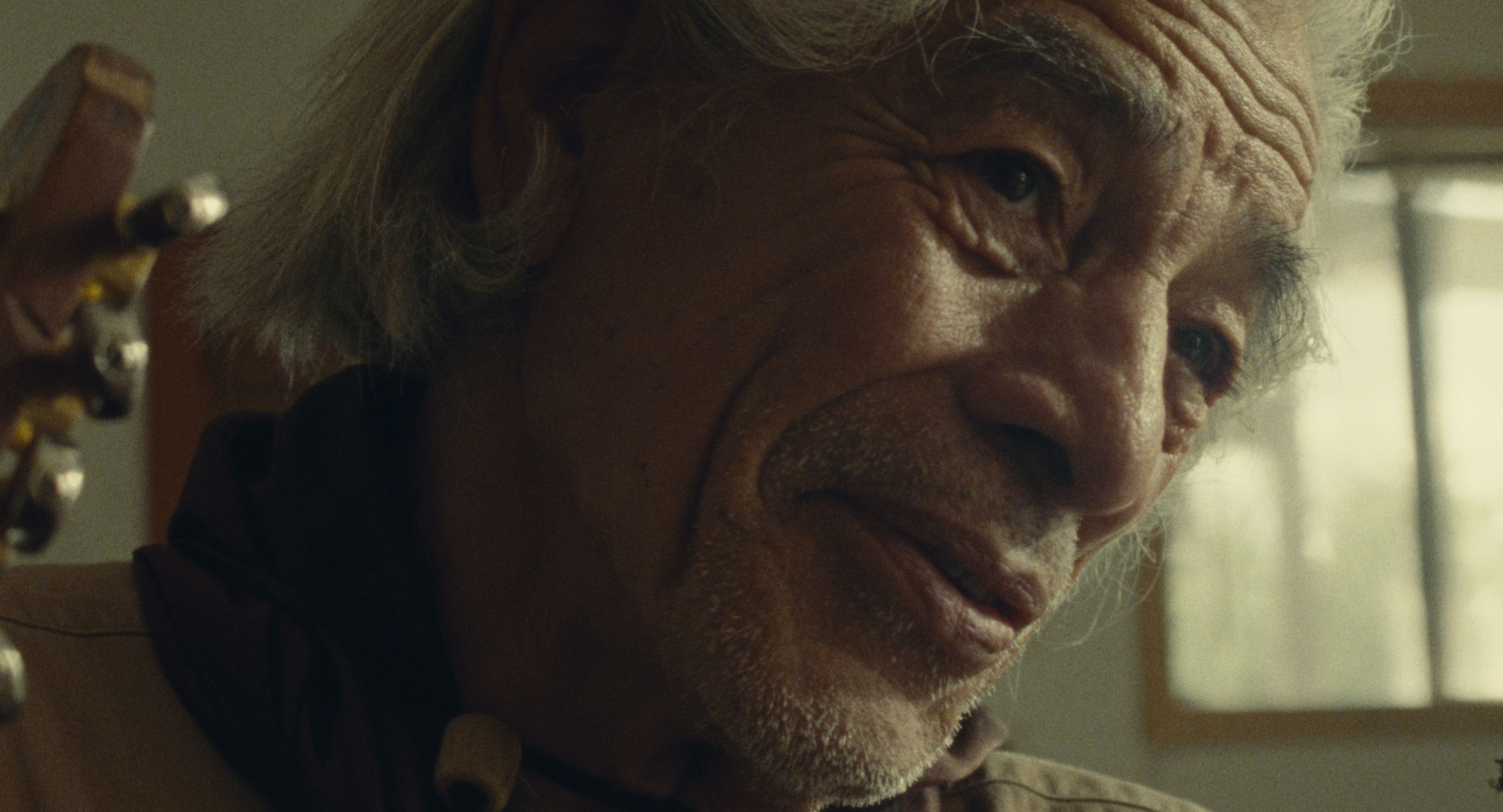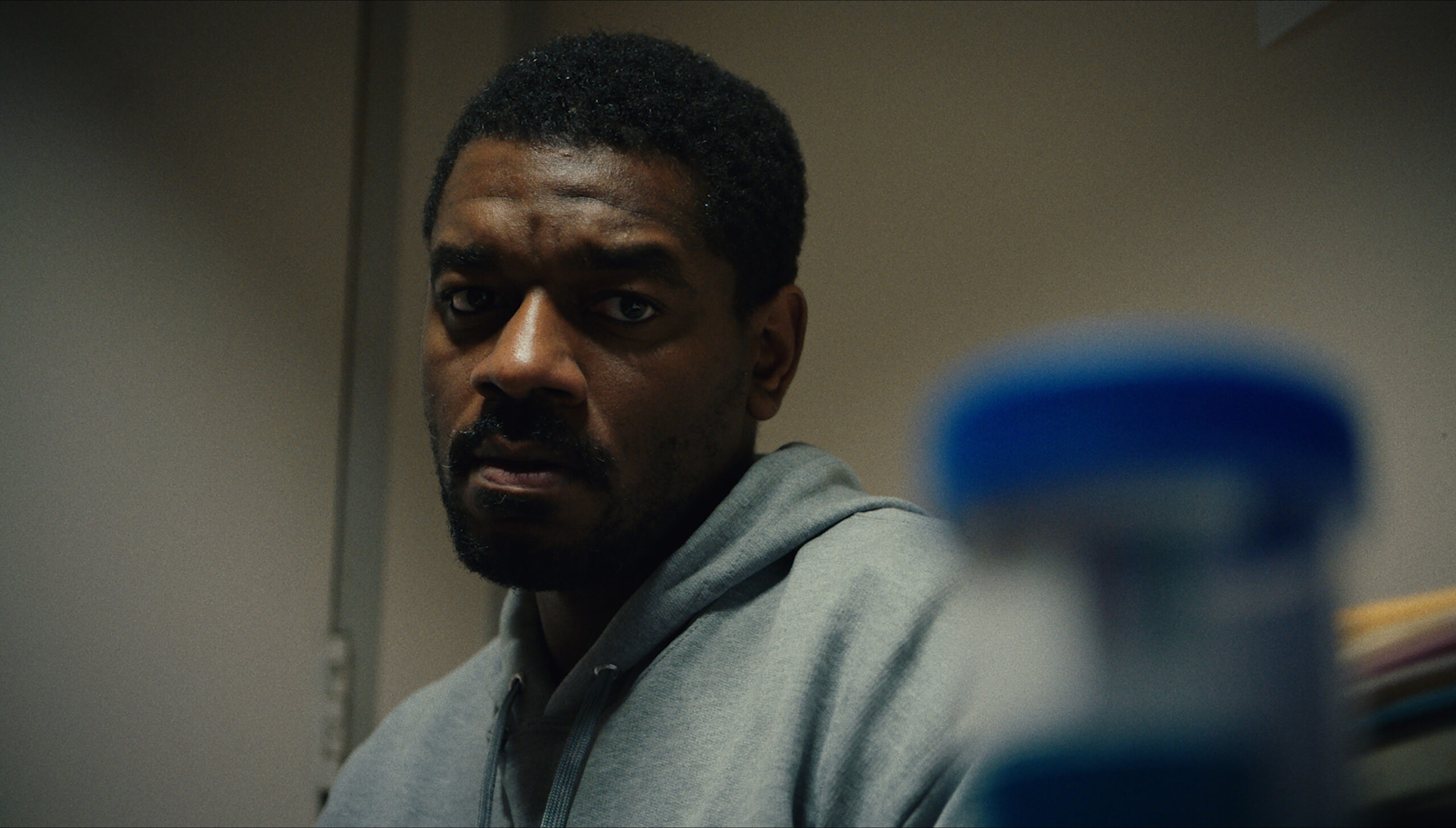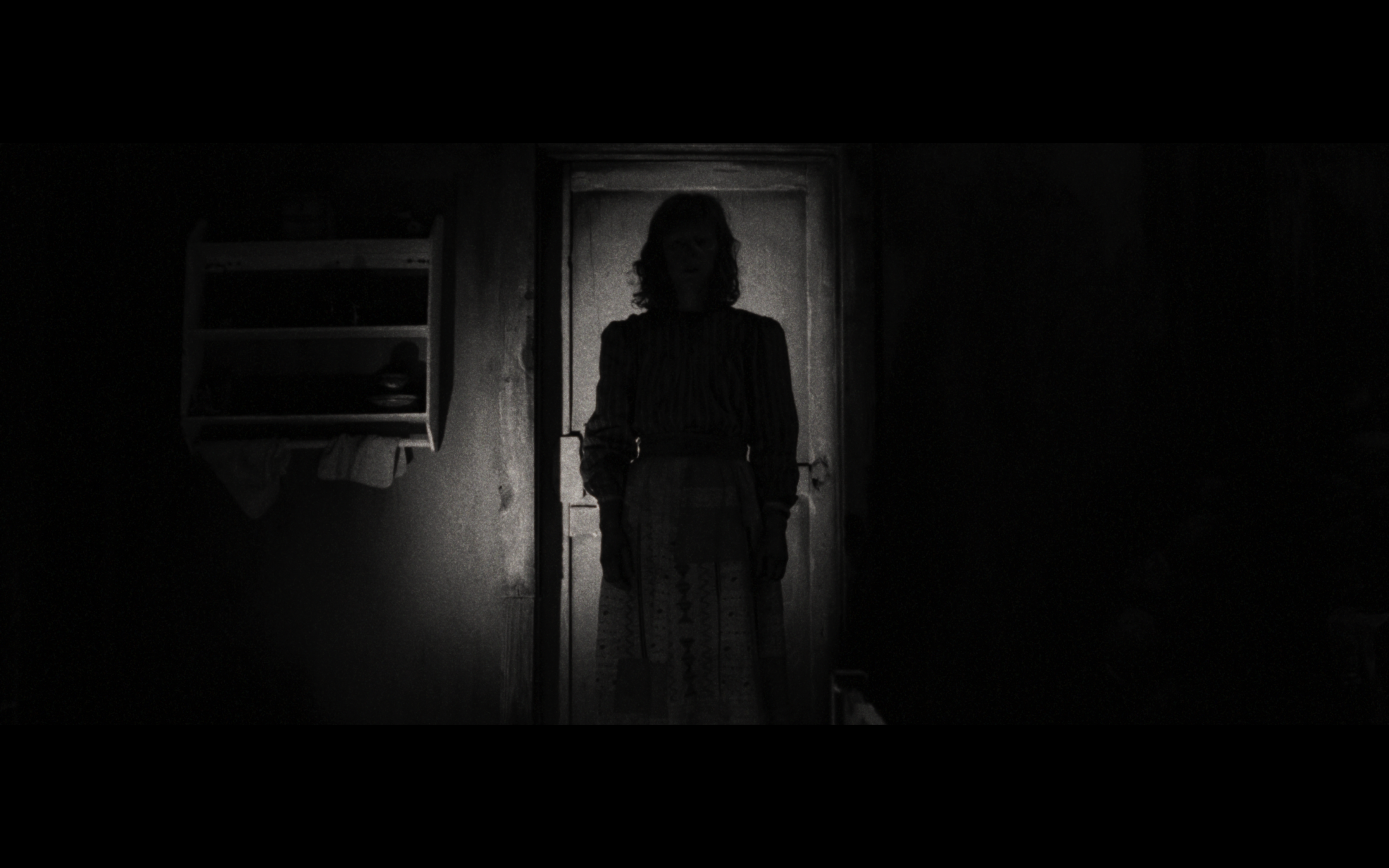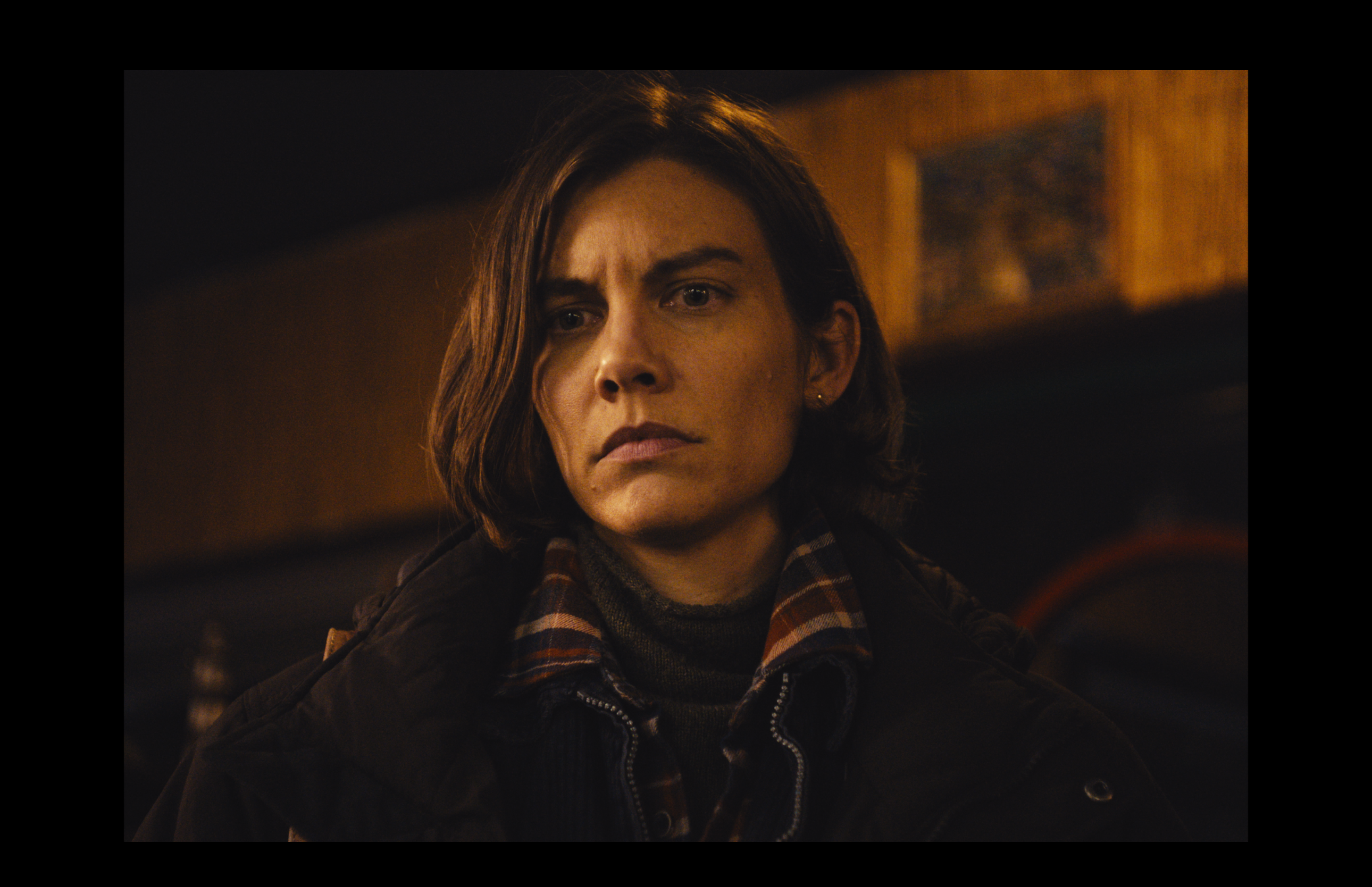Shorts #1, #2 and #3
From soup to nuts
Exclusive to MeierMovies, April 15, 2024
With apologies to Mrs. Gump, short-film programs are like boxes of chocolates, with the boxes getting increasingly nutty in recent years. And this critic seems to be developing a nut allergy.
That matters little, it seems, as shorts #1, #2 and #3 were well attended during the Florida Film Festival opening weekend, and the three blocks were equally well received, proving again that each short will finds its audience. Still, from a conventional vantage point, it’s tough to deny that shorts #1 is the strongest. “More commercial” is how Programming Director Matthew Curtis described it to me. He’s right, but sometimes films are commercial for a reason: better writing, acting, direction and overall storytelling.
The festival’s live-action, domestic short films are divided into five blocks, but I screened just the first three. They are each nicknamed for a song by a musician who has recently died. It’s a cool way to honor a recently deceased artist; plus it gives the block a theme. Not every film adheres to that theme, but the nickname nevertheless provides the program a flavor.
Shorts #1 has the moniker “Long Time Gone,” presumably to honor David Crosby, who left this realm last year. And, indeed, most of the films are imbued with a feeling of melancholy or loss, or contain characters looking to restart their lives. A couple are lighthearted, even comedic, which prevents the program from becoming too dark. But, at least in this block, darker is better.
Director Jonathan Pickett’s Deep in My Heart Is a Song (4 stars) is the moodiest and most emotionally impactful of the seven films. It tumbles along for a few minutes, like the tumbleweeds in the song sung by the lead character. But it soon finds its calling, and then some, just like the aforementioned lead, a country-western crooner who stumbles into the most important gig of his life.
Ricky (3 stars) is close behind. Also initially content with more than the average amount of slice-of-life exposition, director Rasha Frett’s film about a man freshly released from prison and struggling to hold a job ends with a sledgehammer.
Director Henry Jinings’ Sadness (based on a true story about a DJ in 1970s New York City who receives a call from a person attempting suicide) and Margaux Susi’s Guts (about a lonely young women recovering from an eating disorder), both 3 stars, are different in style and subject. But both are gripping and well acted, especially the latter. (Expect great things in the future from Angela Giarratana, who possesses an eminently relatable Emma Stone quality.)
The other three offerings – Catherine & Michael (with Molly Ringwald and Peter Grosz), The Runt and Any Sign at All – should also be commended but nevertheless lack that final element that pushes a film over the finish line. Perhaps it’s narrative clarity, or character development, or originality, or one big laugh-out-loud moment that makes one forget the nit-picks. But all the filmmakers are on the right track.
That can’t be said for Shorts #2. Nicknamed “What’s Love Got to Do with It,” to honor Tina Turner, who also died last year, the block is narratively lackluster. The only standout is the undeniably creepy Shadow (3 stars), directed by Kamell Allaway, a smart metaphorical horror about substance abuse haunting a family. (The Shadow Wrangler and Bust also deserve commendation for their unique storytelling twists.)
Shorts #3 is arguably the most buzzed-about of the five domestic live-action blocks, but it’s still not as strong as the more mainstream #1. “A House Is Not a Home” is its tagline, to honor the late Burt Bacharach. (Most of the films address themes associated with one’s home (either literal or metaphorical) or physical house.)
With four of its seven movies falling more into the comedy genre, the block is actually led by a drama, director Robert Machoian’s I Can’t Be Sorry (4 stars), a contemplative, atmospheric three-hander disguised as a slice-of-life conversation piece until its powerful third-act reveal. Its only rival, quality-wise, in this program is the quirky, irresistible I Still Haven’t Found What I’m Looking For (3 stars), from director Steve Collins. You may never look at Bono, or a Joshua tree, the same way again.
A positive shout-out to Lee Eddy (the writer-director-star of You’re Invited to Tuscan’s 5th Birthday Party) for the most batshit-crazy performance you’re likely to see at the festival. But a negative shout-out to the filmmakers behind The Sacrifice, who tastelessly depict the decapitation of a goat (fake, of course) in their misguided Satanic comedy. Ending the block with that film is a terrible decision but isn’t particularly surprising considering the aforementioned drift toward nutty (a.k.a. transgressive, shocking) content at this and other festivals. It’s better suited to Midnight Shorts.
Why do filmmakers and audiences find animal cruelty funny, I wondered almost out loud as I stormed out of the screening. But then I attended the special presentation (with John Cleese) of Monty Python and the Holy Grail, which famously beats a cat against a wall, blows up a rabbit, and lobs cows and other barnyard animals over castle walls. And that’s regarded as a comedic masterpiece. It just goes to show that if your film features simulated animal abuse, it must BE FUNNY. The Sacrifice isn’t.
© 2024 MeierMovies, LLC
This article is part of my coverage of the 2024 Florida Film Festival. To find out when this program is playing and buy tickets, go to FloridaFilmFestival.com. For more information about the event and an index of reviews of other festival films, go here. And to view ratings of all the films in these three blocks, plus ratings for more than 3,000 other short films, visit my Lists page.



